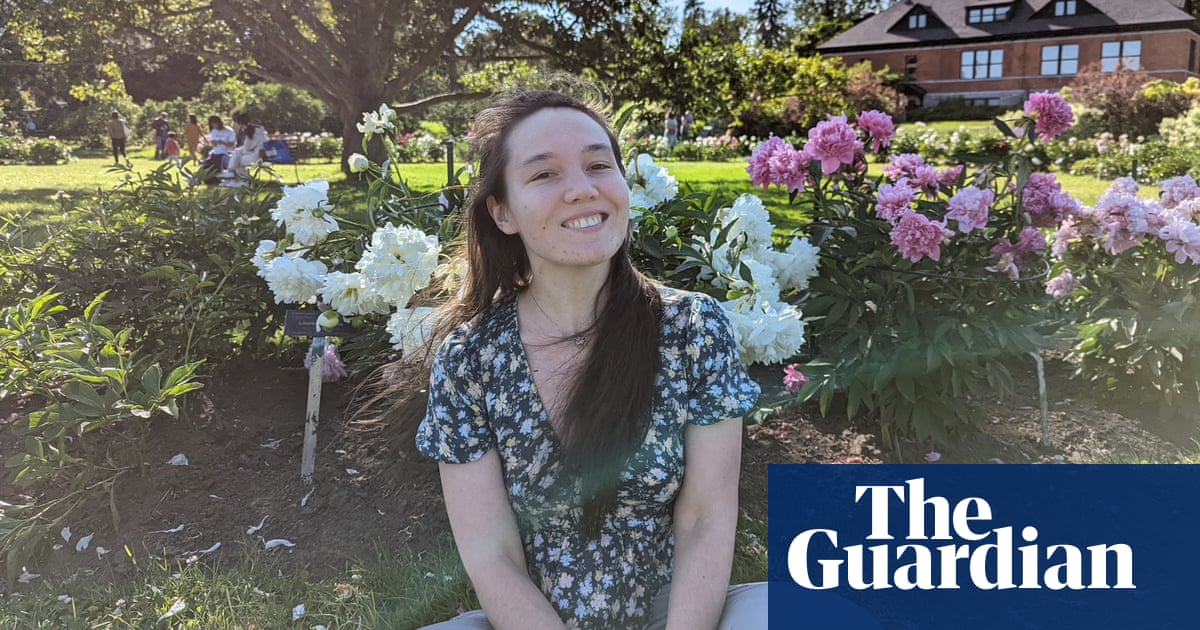It really sounds like this was an error by one citizenship officer and it will get reversed.
That’s how it seems to me but I would have figured an error such as that would be resolved by higher ups before it turns into world news.
She was smart going to the press. The official complaint red tape could potentially drag beyond her deportation.
I think she probably had to declare previous convictions on her citizenship application and one in a category of treason (as classified by Russia) would result in an automatic “computer says no” until appealed and viewed by a human.
If, say, an Australian was applying for Canadian citizenship and declared the same offence in Australia the negative outcome would be less likely to be overturned.
Canadian immigration has been increasingly trigger-happy recently.
Please update your submission title to reflect a potential change in the article title, as current rule does ask that they match.
updated
Thank you.
This is the best summary I could come up with:
A Russian anti-war activist is facing the prospect of deportation from Canada after her citizenship application was blocked on the grounds that her blogposts had broken Moscow’s harsh laws criminalizing criticism of the invasion of Ukraine.
The decision, first reported by the CBC, which has baffled immigration lawyers, faults Maria Kartasheva over criminal charges leveled by Russian prosecutors, even though her dissent mirrors Canada’s foreign policy.
Kartasheva, founder of the Russian Canadian democratic alliance, fled her homeland in 2019 amid concern over Vladimir Putin’s growing crackdown on dissent .
Justin Trudeau’s government has been deeply critical of the Russian state, sanctioning many officials – including the judge who oversaw Kartasheva’s arrest in absentia.
In December, Canadian officials told her in a letter that her conviction in Russia aligns with a criminal code offence relating to spreading false information.
Another expert, the University of Toronto law professor Audrey Macklin, said the case appeared the result of an “over-zealous” citizenship officer and questioned the decision to pull her during the ceremony.
The original article contains 830 words, the summary contains 169 words. Saved 80%. I’m a bot and I’m open source!
deleted by creator
Not Russia specifically, but it makes sense that officers considering citizenship should be well informed of applicants’ criminal convictions in other countries.
Of course they need to exercise common sense so you don’t end up deporting refugees back to their oppressors.
Canada safe haven for Nazis and separatists but not for anti-dictator activists or bloggers.
- It was re-examined and corrected
- The plural of ‘anecdote’ isn’t ‘data’
- “Canada safe haven” seems to a word short of a sentence and I don’t want to seem overly optimistic in thinking you’re better than at least that.
Oh look the bopo doing fashy shit, “just cuz lol”.





